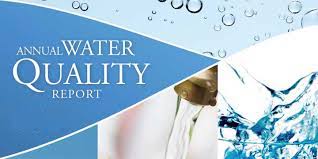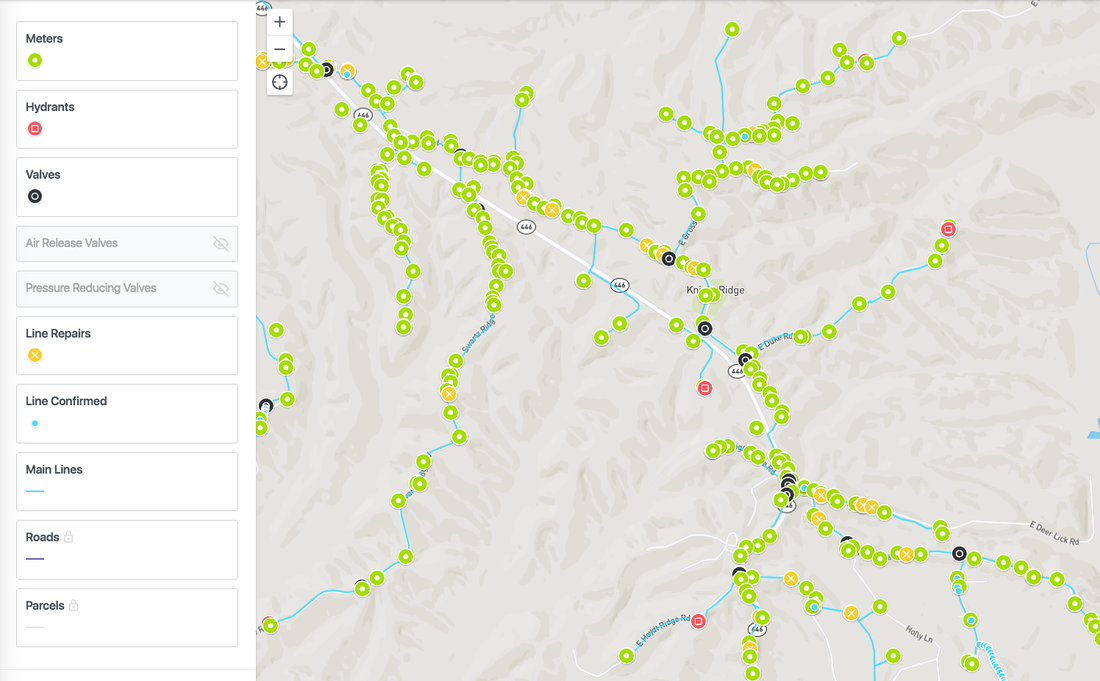 East Monroe Water Corporation (EMWC) buys all of the water we sell to our members from the City of Bloomington Utilities Department (CBU). CBU pumps all of its water from Monroe Reservoir and treats it before releasing it to its customers. Federal guidelines require the state of Indiana to issue Source Water Assessments (SWA) in order to identify significant or possible sources of contamination. Information concerning Monroe Reservoir’s SWA is available by contacting City of Bloomington Water Quality Office. All of Monroe Reservoir’s water is sourced from rainfall which has traveled either over or through the ground to the reservoir. On its journey to the reservoir, the water dissolves naturally occurring minerals, and possibly radioactive materials, as well as substances resulting from animal or human activity. Contaminants that may possibly be found in surface water include: microbial contaminants derived from biological wastes or from soil activity; inorganic contaminants (i.e. salts and minerals that can be naturally occurring or the result of industrial or agricultural activity); pesticides and herbicides from agricultural or residential usage; organic chemical products resulting from industry, septic systems, and runoff water from such commercial as gas stations; and naturally occurring radioactive materials. Treated water may also contain contaminants resulting from the disinfection process. Chlorine and other compounds used as disinfectants also interact with organic materials to produce small amounts of byproducts (haloacetic acids and trihalomethanes) that may pose a health risk when consumed over long periods of time. The following table lists results for EMWC’s water quality testing for 2020 as conducted by both EMWC and by CBU.
2 Comments
 We are pleased to announce we have upgraded our billing system to Ampstun Utility Billing Software. You can now view and pay your bill online! First, you must register your account online. Note: When registering, make sure you fill out the Full Name on Bill field exactly as it appears on your bill.  A boil order has been issued effective Wednesday, 12/5/2018 for customers on the Inverness branch from 7441 to 7579 E. Rush Ridge, 7559 E. Rush Ridge Fork, 7552 to 7595 Molley Ct., and 4839 to 4920 S. Nature Way. This will be in effect until at least Friday, Dec. 7. Updates will be posted on website at emwc.us  The precautionary boil order in effect for the following areas effective 10/25/2018 HAS BEEN LIFTED effective Monday, 10/29/18: TC Steele, Sherwood Forest Drive, Lower Schooner Road, Scarce O'Fat Ridge Road, Stevens Road, and Jackson Creek Road, as well as 5107 State Road 46 West to 5710 State Road 46 West. Thank you for your patience.  Due to repair of a leak, water will be off for EMWC customers beginning at SR46 and Kent Road including all side roads and including Birdie Galyan, to Belmont. When the water comes back on you will be under a precautionary boil order until further notice. Updates will be posted on our web site at emwc.us, E-mail alerts, radio announcements, and newspaper notices. As of 8/24/18, this boil order has been lifted. |

EMWCRead about the latest news and updates here. Categories
All
Archives
June 2024
|







 RSS Feed
RSS Feed